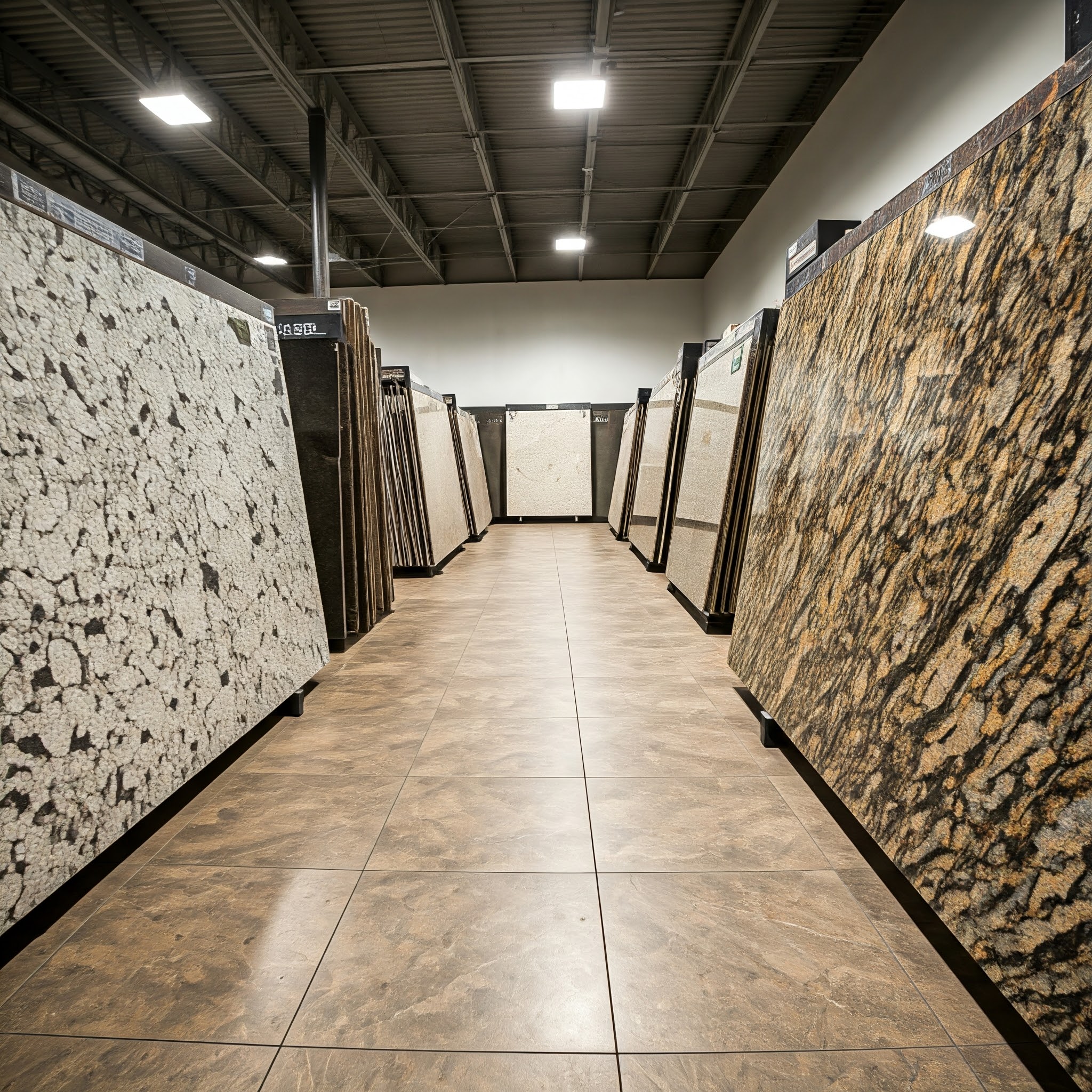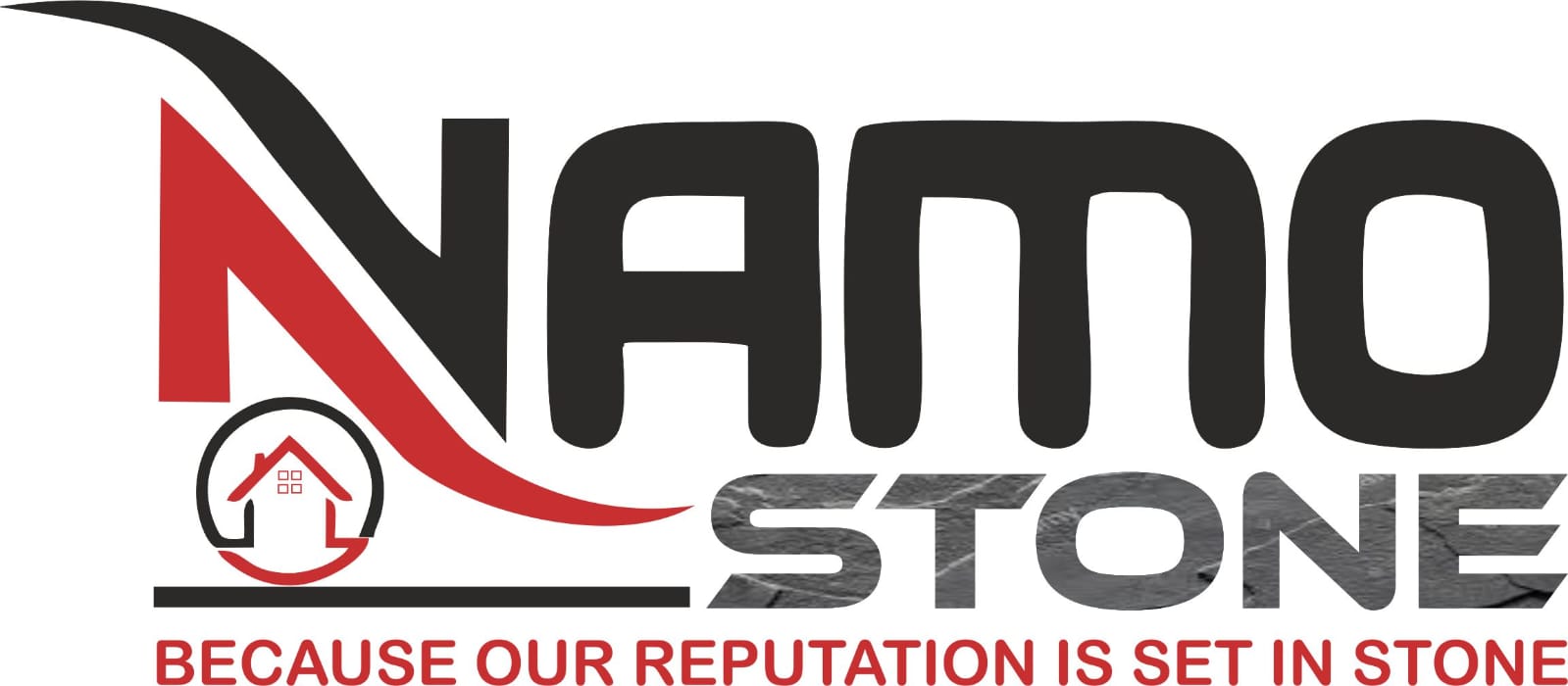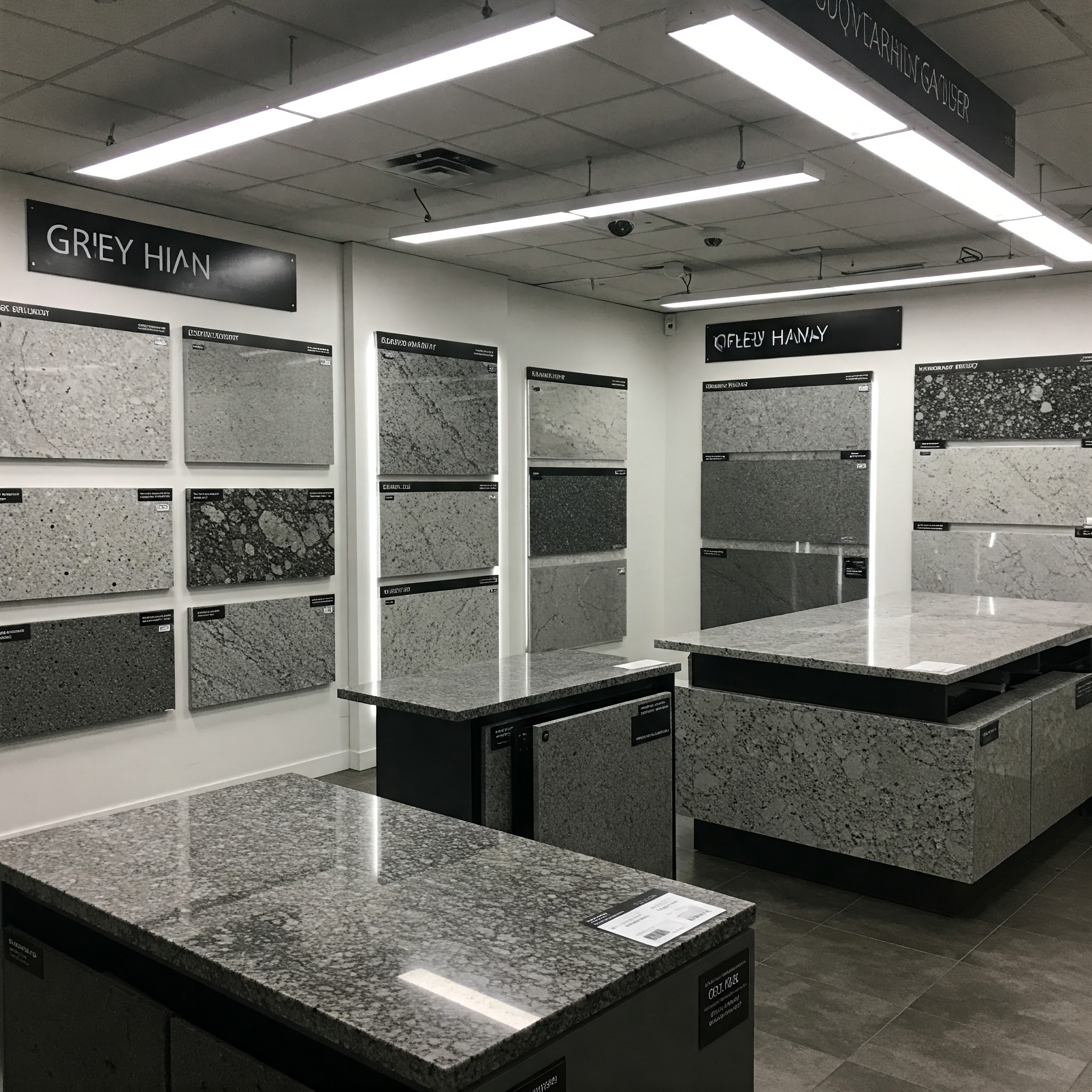Indian White Granite has emerged as one of the most popular choices in architectural designs,…

The Role of Granite Suppliers in Quality Assurance: Ensuring Excellence in Every Stone
Granite, with its timeless beauty, durability, and versatility, is one of the most popular natural stones used in construction and interior design. Whether it’s countertops, flooring, or monumental structures, the demand for granite remains high across the globe. However, the quality of the granite supplied plays a crucial role in ensuring that the final product not only meets aesthetic standards but also lasts for decades.
Granite suppliers are the backbone of the granite industry, as they bridge the gap between quarry extraction and the consumer’s final product. The process through which granite is sourced, tested, and supplied involves a comprehensive quality assurance (QA) system that ensures only the finest materials reach customers.
In this article, we’ll explore the role of granite suppliers in quality assurance, highlighting key steps in the process, challenges faced, and tips for choosing the best granite supplier for your needs.
Why Quality Assurance Matters for Granite Suppliers
Granite is a premium material that requires careful handling from extraction to delivery. Ensuring quality throughout the supply chain is paramount because any compromise in quality could lead to defects such as cracks, color inconsistencies, or poor finishes, all of which could jeopardize the integrity of a project.
Granite suppliers play a pivotal role in quality assurance by:
- Source Verification: Ensuring the granite is sourced from reputable quarries.
- Material Inspection: Conducting rigorous checks on the granite’s texture, color, and structure.
- Manufacturing and Finishing: Ensuring the granite is properly cut, polished, and finished to the desired specifications.
- Testing: Performing tests to confirm that the granite meets international standards for durability and safety.
What is Quality Assurance in the Granite Supply Chain?
Quality assurance refers to a set of activities that ensure the granite meets the required specifications. It involves inspecting the granite’s physical properties such as color, texture, thickness, and resistance to wear. A robust QA system ensures that any issues are identified and addressed before the product is shipped to the customer.
The Granite Selection Process: How Granite Suppliers Ensure Quality
The process of selecting granite is more than just picking the right color. Granite suppliers must consider various factors, including the stone’s physical properties, durability, and aesthetic appeal. Here’s a breakdown of the selection process:
1. Sourcing Quality Granite
Granite suppliers often source their stone from reputable quarries. The selection of granite begins with ensuring that the quarry adheres to environmental and safety standards. The best granite suppliers work closely with trusted quarries that prioritize responsible extraction methods and provide a consistent supply of high-quality stone.
2. Visual Inspection
Once granite slabs are extracted, the first step in the QA process is visual inspection. Suppliers examine each slab for consistency in color and pattern. A high-quality granite slab should have a uniform appearance without any significant cracks or blemishes.
3. Physical Testing
Granite suppliers perform several tests to ensure the granite is durable and resistant to wear and tear. These tests include:
- Compression Test: Determines the stone’s ability to withstand pressure.
- Water Absorption Test: Measures how much moisture the granite absorbs, which affects its longevity.
- Scratch and Abrasion Resistance: Ensures the granite maintains its polish and sheen over time.
4. Thickness and Finish Consistency
Granite suppliers ensure that slabs are cut to consistent thickness, ensuring they are structurally sound for installation. The finishing process, including polishing, is done to perfection so that the stone maintains its luster over the years.
How Granite Suppliers Maintain Consistency in Quality Assurance
Granite suppliers must ensure that the quality of the stone is consistent throughout the entire batch. Here’s how they maintain this level of consistency:
1. Establishing Clear Standards
Granite suppliers work with strict guidelines set by industry standards and governmental bodies to maintain consistency. For instance, organizations like the Indian Bureau of Mines (IBM) and Stone Institute of America (SIA) set standards that suppliers follow to ensure the granite’s physical and aesthetic characteristics align with global expectations.
2. Partnering with Experienced Stonemasons
Granite suppliers collaborate with experienced stonemasons to craft and finish the stone according to precise specifications. Their expertise ensures that each granite slab is cut and polished to perfection.
3. Quality Control Teams
To ensure that each product meets stringent quality checks, granite suppliers often employ dedicated quality control teams. These teams inspect each granite batch before shipping, providing peace of mind to customers.
4. Advanced Technology and Equipment
To maintain consistent quality, many granite suppliers use advanced machinery for cutting, polishing, and finishing. Technology ensures that every slab is precisely cut and polished, reducing the chances of errors.
How to Choose the Best Granite Suppliers for Your Project
Selecting the right granite supplier can make or break your project. Here are some pro tips for choosing the best granite supplier:
1. Do Your Research
Before partnering with any supplier, research their reputation in the market. Look for suppliers who are known for delivering high-quality granite and have positive customer reviews. Checking certifications, such as ISO or government-approved labels, can be helpful.
2. Visit the Supplier’s Warehouse
If possible, visit the supplier’s warehouse or showroom to assess the quality of granite firsthand. This gives you a chance to inspect the stone for color, texture, and finish.
3. Verify the Supply Chain
It’s essential to ensure that the supplier works with trusted quarries and follows ethical sourcing practices. Granite suppliers that have strong relationships with quarries are likely to deliver high-quality stones.
4. Ask for Samples
Many reputable suppliers offer samples of their granite. These samples can help you assess the quality and ensure it meets your project’s requirements before committing to a large purchase.
5. Inquire About Return Policies and Warranties
Reliable granite suppliers often provide warranties on their products. Ask about their return and exchange policies to avoid surprises in case of defects or damage.
Fun Facts About Granite
- Durability: Granite is one of the hardest natural stones, ranking 6 to 7 on the Mohs scale of hardness.
- Natural Formation: Granite forms from the cooling of molten lava beneath the Earth’s surface, which gives it its characteristic strength and durability.
- Ancient Use: The Egyptians used granite to build the famous pyramids of Giza, showing just how long-lasting this stone can be.
- Unique Patterns: No two granite slabs are alike. Each slab has a unique combination of colors and patterns, making it a sought-after material for custom designs.
Granite Suppliers and Government Regulations
Granite suppliers must comply with various government regulations to ensure that the stones they provide meet safety and environmental standards. For instance:
- Mining Regulations: In India, the Indian Bureau of Mines (IBM) ensures that granite mining is conducted sustainably, minimizing environmental damage.
- Environmental Compliance: The Environment Protection Act, 1986 governs the extraction and transportation of granite to ensure minimal environmental impact.
These regulations play a key role in maintaining the integrity of the granite supply chain and ensuring that suppliers adhere to ethical practices.
Challenges Faced by Granite Suppliers
Despite all the advancements in the granite supply chain, suppliers face several challenges, including:
- Fluctuating Raw Material Prices: Prices of granite can fluctuate depending on market demand, quarry availability, and transportation costs.
- Logistical Hurdles: Granite is a heavy material, and transporting it from quarries to suppliers can involve high shipping costs, particularly for international suppliers.
- Maintaining Product Quality: Ensuring consistent quality across a large supply chain is challenging, as granite comes in a variety of natural forms.
Conclusion: The Critical Role of Suppliers in Quality Assurance
Suppliers are an essential part of the construction and design industries, providing the materials that build homes, businesses, and monuments. Through their rigorous quality assurance processes, granite suppliers ensure that every stone delivered meets the highest standards of durability and aesthetics.
Whether you are undertaking a large construction project or designing your dream kitchen, partnering with a trusted granite supplier is vital. For those looking to explore top-quality granite suppliers, Namo Stone offers a wide selection of granite slabs with guaranteed quality assurance.
Pro Tip: Always work with suppliers who prioritize transparency, provide access to samples, and follow recognized quality assurance practices to ensure the best results for your project.
By understanding the role of suppliers in quality assurance, you can make informed decisions that will contribute to the success of your project and ensure that the granite you choose will stand the test of time.




This Post Has 0 Comments